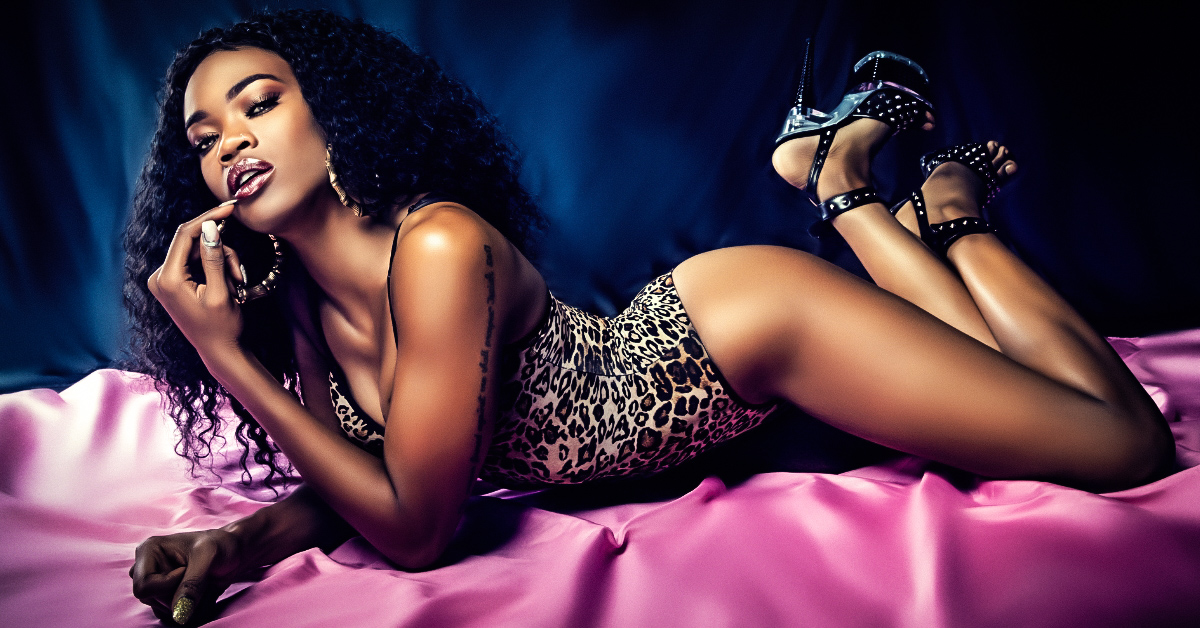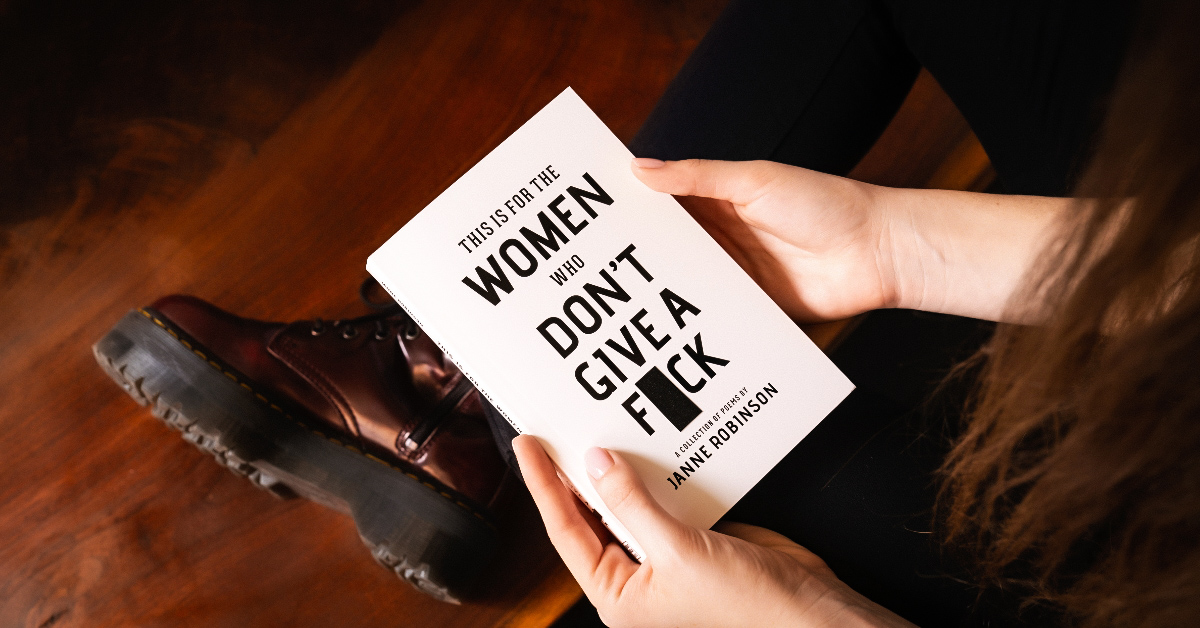Male Emotion: R&B's Missing Beat

Introduction
You know that classic Jay-Z line, "I can't see it coming down my eyes, so I got to make the song cry"? Pure genius from his 2001 album, 'The Blueprint'.
It came back to me recently while chilling to some Babyface tunes and pondering life's mysteries, and it dawned on me - the male R&B artist, the ones who poured their souls out in their lyrics, have practically gone extinct!
One of my current favorite tracks? That's gotta be VSOP by K. Michelle. A killer beat with powerful female-centric lyrics. But here's the thing - why do I feel like a misfit for emotionally vibing with these words?
The Challenge for Men
Our society has always peddled this image of men as tough and emotionless. From a young age, we're schooled to mask our feelings, wear an iron shell, and put on a brave face.
If something's bothering us, we're told to either duck for cover or toughen up so it doesn't faze us anymore. And if we're not taught these emotion-management skills, we end up suppressing our feelings until they explode in fits of rage and frustration.
The Role of Music in the Past
Back in the day, the radio was our ally, our therapist. If you were feeling miffed with your girl, the DJ would magically spin Al Green's "Let's Stay Together". The lyrics, they spoke to us, guiding our reactions.
And when we hit the road, we had the likes of Jon B., Usher, Tyrese, and Dru Hill riding shotgun. Their tunes gave us a sense of solidarity, reminding us we weren't alone in our struggles.
But the radio has changed its tune now. Today, it's more about hoes, bitches, and thots - not exactly the kind of content that fosters emotional maturity, is it?
The Absence of Men's Voices
Men, inherently, are conditioned to learn about strategy, camaraderie, and competition. When Boys II Men sang "I'll make love to you", they taught us tenderness and mutual respect. When R. Kelly crooned, he coached us on intimacy.
However, the current music scene is like a basketball court without a coach, leaving men without a playbook for understanding their feelings.
The Need for Male Emotional Expression
In an ideal world, embracing both masculinity and femininity should be encouraged. But today, we're living in a world where men, not necessarily the tough ones, are subconsciously compelled to act tough.
And since the current chart-toppers are mostly women, we're left decoding their lyrics to find echoes of our own experiences. These songs are crucial for empathizing with women's experiences, but what about male emotional expression?
Men are left without a musical guide, forced to navigate their feelings on their own.
Conclusion
There's a glaring gap in the music scene that needs to be filled. It's time to bring back the male artists who aren't afraid to make their songs cry. Because, just like Jay-Z, sometimes we can't see it coming down our eyes, but we've got feelings to express too.
Key Points:
- The representation of male emotional expression in music has dwindled.
- Society often pressures men to suppress their emotions.
- In the past, radio and music acted as a guide for men dealing with emotional situations.
- The current music scene lacks a male perspective on emotional experiences.
- There is a need for a revival of music that expresses male emotional vulnerability.

Decoding the "Bad Bitch" Phenomenon

A Rise of a New Class of Women
Ladies and gentlemen let's discuss a new kind of Sorority that's been making waves lately. "Bad Bitch" has emerged as a class, a self-identifier for women who own their strengths, their beauty, their "confidence", their feminine, and their so-called sexual thirsts.
The Gender Tug-of-War
Here's where things get interesting. Men have always been regarded as the "bad boys, or dogs" and now women feel the need to one-up them by self-identifying as "bad bitches". More baffling is that men are seemingly attracted to these bad bitches. We need to start disregarding what the media pushes and begin making conscious decisions about what we truly want.
The Packaging Dilemma
Still puzzled? Let me elaborate. What do you prioritize when choosing a mate? From my observations, a majority of women prefer the "bad boy", determined mainly by his appearance - his "packaging". Similarly, most men are drawn to a pretty face and attractive body. But is this superficial criteria what we genuinely seek in a partner?
The Ideal Mate
Contrary to popular belief, I propose that what we genuinely desire isn't the "perfect face and body", but rather someone we can engage in intellectual and sexual discourse with - someone with the perfect mind.
The Aftermath of Wrong Choices
When we repeatedly fail at choosing the right person, we tend to give up entirely. For women, this often leaves you open to be chosen instead, and for men, desperation might lead to being more open to all women, not just the "bad bitches".
Debunking the "Bad Bitch" Stereotype
The "bad bitch" label carries a sexually charged notion, and the thought of it is animalistic, considering "bitch" refers to a female dog. But are we not above these base instincts? We wouldn't tolerate a misbehaving dog in our homes, so why would we choose partners based on these primal urges?
Time, the Ultimate Truth-Teller
Time is the only real measure of whether someone is truly a "bad bitch" or a "bad boy". With the right energy, transformation is possible. She might not be the right fit for one man but perfect for you, provided you channel the right energy.
Celebrity Transformations - A Case in Point
Many examples from the entertainment industry support this theory. Think about the men who passed on Jennifer Hudson, Mo'Nique, Jill Scott, or Queen Latifah. Likewise, women who rejected Anthony Anderson, Randy Jackson, Seth Rogan, or Reuben Studdard must have regrets.
Conclusion
The essence of my argument is simple: it takes time to find the right mind, but when you do, everything else will fall into place. "Bad dogs" get disciplined and left outside. So, ignore societal pressures and pursue what your heart genuinely desires.
Key Points:
- Emergence of "Bad Bitch" as a self-identifier for women.
- The packaging dilemma: the focus on physical attributes over mental attributes in choosing a mate.
- The aftermath of wrong choices and the role of time in determining the "rightness" of a mate.
- Transformation is possible with the right energy and mindset.
- Encouraging individuals to ignore societal pressures and pursue what their heart genuinely desires.

Beyond Beyoncé: Unraveling the Complex Tapestry of Feminism and Creation

Understanding Feminism: More Than a Dictionary Definition
Beyoncé, in her concerts and music, often tries to redefine feminism for her audience, bringing the concept into the mainstream. However, it's essential to delve deeper into the true meaning of feminism and its implications.
Men, Women, and the Energy They Produce
One of the underlying themes of feminism is equality. However, equality doesn't mean exact replication. Women cannot duplicate the specific energy that men produce, nor should they try. Likewise, men cannot replicate the unique energy that women embody. It's about recognizing the inherent value each gender brings to the table, rather than trying to make one fit into the mold of the other.
The Power of Creation: The Real Strength of Women
Feminism often gets misinterpreted as a call for women to shed traditional roles and adopt ones that society has historically reserved for men. However, this overlooks the fact that the power of creation, of bringing life into this world, is a uniquely feminine strength. Instead of downplaying it, we should celebrate this capability.
The Shift We Need: From Patriarchal to Matriarchal Society
Throughout history, we see remnants of the feminine touch in our cultural and societal structures. From art to language, all things considered feminine have survived the passage of time. Perhaps it's time to rethink our societal structures. Instead of a patriarchal society that places men at the top, we should consider shifting towards a matriarchal society, valuing and emphasizing the feminine aspects of creation and nurturing.
Feminism: The Misunderstood Concept
Is not about separation or devaluation, but about recognizing and appreciating the value of women in society. Feminism calls for an understanding that the ability to create life is not worthless but priceless. It's about fostering a society where women's worth is recognized and respected, where they're encouraged to protect and cherish their unique capabilities.
The Numbers Game: Reimagining Equality
At first glance, one might see men as more productive in terms of the ability to procreate, given that a man can father many children in a year while a woman can typically bear only one. However, this perspective fails to take into account the incredible journey of pregnancy and childbirth that women undergo. It’s not about quantity; it’s about the quality and profundity of the experience.
The True Meaning of Feminism: Love, Not Competition
Ultimately, the term "feminist" should not be viewed as a divisive label but as a symbol of love and unity. As Chimamanda Ngozi Adichie poignantly put it, "Feminist: the person who believes in the social, political, and economic equality of the sexes". This belief should not pit men and women against each other but should promote mutual respect, understanding, and love.
Remember, always be authentically selfish, and by witnessing your happiness, others can envision the same for themselves. “If you can’t see your success, change your vantage pointe."
Key Points
Feminism:
- Emphasizes the unique strengths and capabilities of women rather than trying to replicate men's roles.
- Calls for a societal shift towards valuing and emphasizing the feminine aspects of creation and nurturing.
- Should promote love and unity, not competition, among genders.

